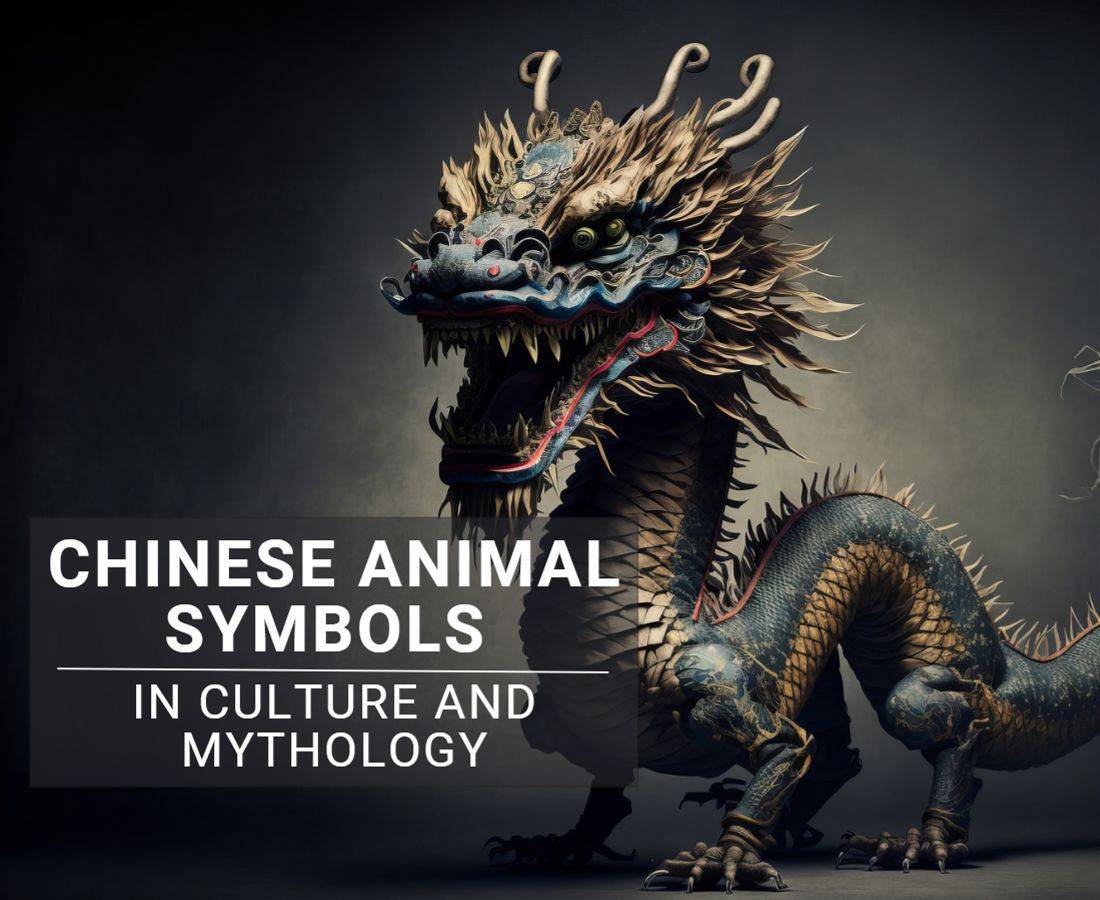Boasting traditions established thousands of years ago, China is one of the world’s oldest yet most fascinating cultures. Rich in diversity, animal symbols are significant in the country’s social and religious background.
Table of Contents
While visiting this populous country is almost always about experiencing the terracotta army, Chinese martial arts, or the Great Wall, nothing defines its culture better than the Chinese zodiac animals and their symbols. Here’s a list of the most important creatures of this fascinating ancient culture.
“A team of horses will struggle to chase down a spoken word.”
From “The Analects of Yan Yuan” (《论语·颜渊》)
Key takeaways
- The Chinese are fond of animals that bring good fortune. Chinese beliefs and customs are about prosperity and abundance, from the mighty dragon to the sneaky rat.
- Chinese culture aims for strength. Treating animals like the tiger, ox, and horse with the utmost importance, the Chinese are inspired to face challenges and find meaning in difficult circumstances.
- Chinese culture highlights the significance of peace. The giant panda tells us to deal with disputes and resolve our conflicts fairly. It helps us achieve strength, stability, and growth.
The enchanting dragon
Widely recognized as the only mythical creature out of all the animals in the Chinese zodiac, the dragon symbolizes courage, strength, and good fortune and is considered the most significant. As feudal lords were historically referred to as “Dragon Emperors,” these fierce creatures are known to inspire us to strive for excellence and be good leaders.
Revered for its fire-breathing capabilities and smooth serpent-like movements, the dragon is seen as a symbol of power and flexibility and is incorporated in many Martial Arts forms and techniques. Its image is a common motif in traditional Chinese architecture and is used to adorn palaces, temples, and other important structures.
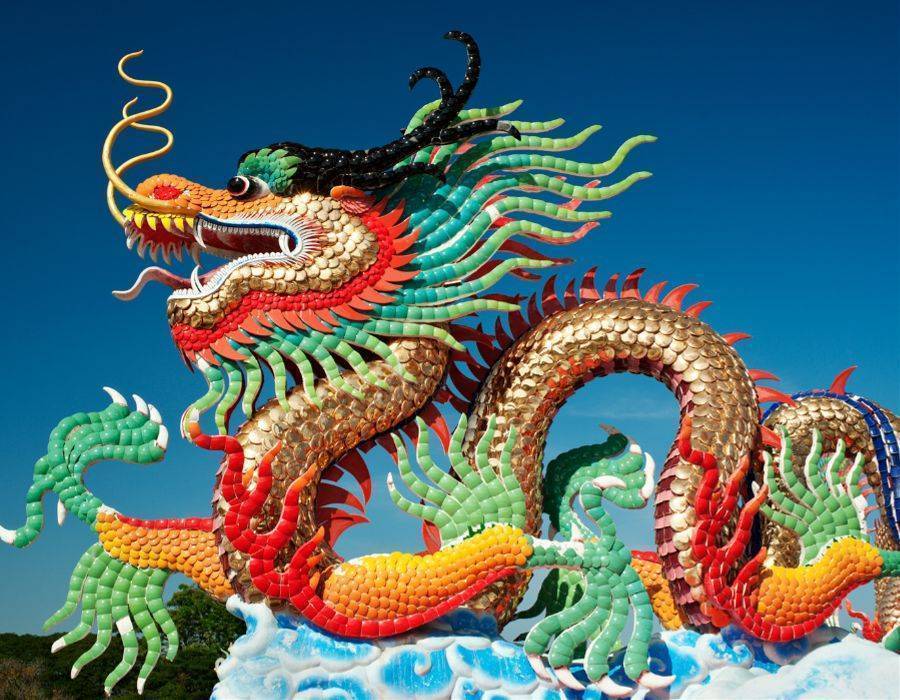
Fearsome tiger
The tiger is a symbol of courage, ferocity, and wisdom. It commands a position of prominence in Chinese mythology and culture. Their mighty roar, heard from over 3 kilometers away, is believed to ward off evil spirits.
Described by the Chinese as the “King of all Beasts” for their majestic and strong appearance, children are often dressed in tiger patterns to keep them healthy. Images of the tiger are used to adorn homes and businesses, for they bring protection and prosperity.
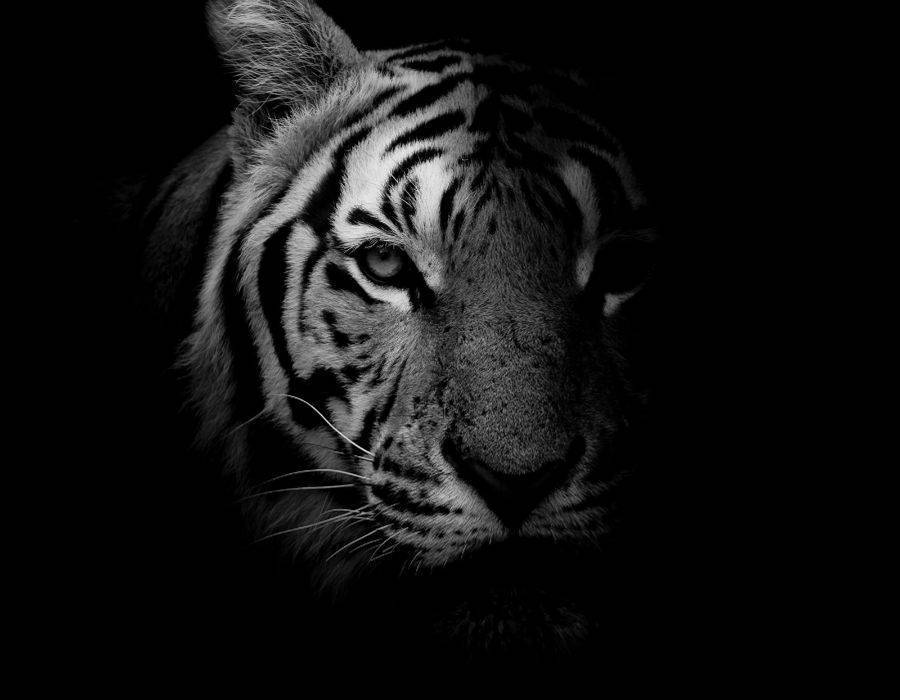
Headstrong ox
The ox possesses great stamina and physical and spiritual strength, making the Chinese see it as a creature that inspires sheer determination, which often results in accomplishments and success.
The ox often referred to as “the good helper,” is the fastest and most robust among all animals. It urges us to move forward constantly. This hard-working beast of burden tells us to remain grounded and persistent.
The strong and silent horse
The horse, an image of power, beauty, and freedom, has been revered in Chinese animal symbols for centuries for its ability to invite success and positivity into our homes. It’s a trusted companion that has long been utilized for transport, battles, and agriculture.
Horses symbolize solidarity, devotion, and success. Their ability to stand on all fours with confidence and their brawny physique make them popular symbols of stability and strength.
The kind-hearted and gracious sheep
Sheep are intelligent yet shy and reserved animals, symbolizing peace and serenity in Chinese culture. Since they were traditionally offered to the gods as a sacrifice, these calm creatures reminded the people of ancient China of the value of humility and service.
Their docile and mellow nature inspires people to be gentle and kind. Read more about the symbolic meaning of sheep.
Man’s best buddy – the dog
Dogs are loyal animals whose presence urged the Chinese to strengthen their family ties. Naturally playful and friendly, they remind us about the importance of having a good sense of humor and how we shouldn’t take our problems too seriously. See more dog-related spiritual symbolism here.
According to Chinese folklore, Tiangou is an enormous dog tasked with guarding the gates of heaven. Many believed that he ate the moon during an eclipse and devoured with enthusiasm troublesome celestial bodies.
The brainy pig
While they were historically viewed as impure and unclean, the Chinese have long held the pig with respect and high reverence. Their chunky shape made pigs symbols of prosperity and wealth.
As people often shun them for their greedy and insatiable nature, these highly social animals take it back by inspiring us to be hard-working, compassionate, and generous.
Always playful monkey
Monkeys are depicted as deceptive, sly, and playful pranksters who take advantage of all possible options to get what they want. This trait inspired the people of ancient China to go after their dreams regardless of how difficult.
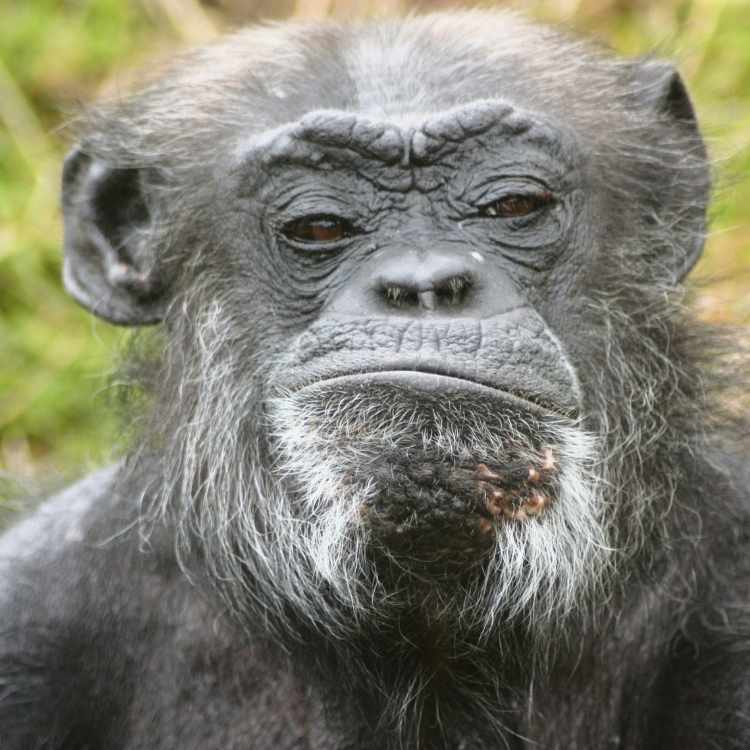
Chinese mythology tells us about Sun Wukong, a legendary figure of great strength and speed. Commonly referred to as the “Monkey King,” he is believed to help those who deserve it overcome their challenges and provide wisdom to find solutions to problems.
Read more about the animal symbolism of the monkey.
Rat the trickster
Because of their ability to forage for food, many saw rats as figures of wealth and prosperity in Chinese animal symbolic meaning and culture. Their capacity to quickly and sufficiently reproduce made them symbols of fertility and abundance.
Recognized by many as highly intelligent rodents, the rat symbolism reminds us about the importance of creating tight-knit relationships and the value of creativity and resourcefulness.
The dawn of the rooster
The rooster is known to have been domesticated as early as 8000 BC. Its relations with the people of China go back a long time. It’s no surprise that the presence of this flyer is highly revered in the Chinese zodiac.
Their wake-up call signifies optimism and energy. Apart from inspiring us to be confident, the rooster’s dawn routine protects us. Click for more rooster-symbolic meanings.
The mysterious snake
Although several traditions see snakes as deceptive and evil, the Chinese view them as creatures that bring forth happiness, competence, and wisdom. Their habit of shedding skin symbolizes the importance of embracing change and transformation.
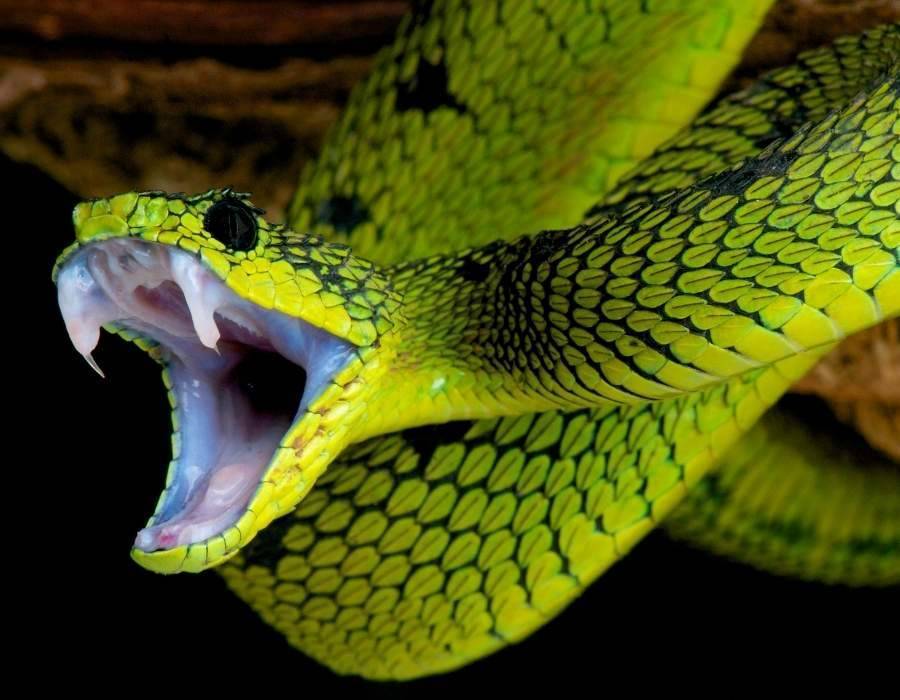
The snake’s creepy tendency to sometimes eat its tail forms a circle, which indicates renewal and the continuity of life.
The jumpy rabbit
The rabbit is a fluffy animal of serenity, elegance, and beauty. Chinese culture suggests that the rabbit is one of the luckiest animal symbols on the planet.
They teach us to be patient and to wait for the perfect opportunity before leaping into action and seizing the moment. Calm and a friend to all animals, they represent a period of peace, prosperity, and great abundance.
Panda: The gentle giant
The giant panda, recognized for its cultural and historical significance in China, barges into our list and is the only animal not part of the Chinese zodiac. They are typically calm and gentle and symbolize serenity and peace. As such, the Chinese government has used “panda diplomacy” to extend its friendship to other nations.
Known for their fondness of lazing around, the panada spiritual meaning reminds us about the importance of leading a laid-back yet productive life.
